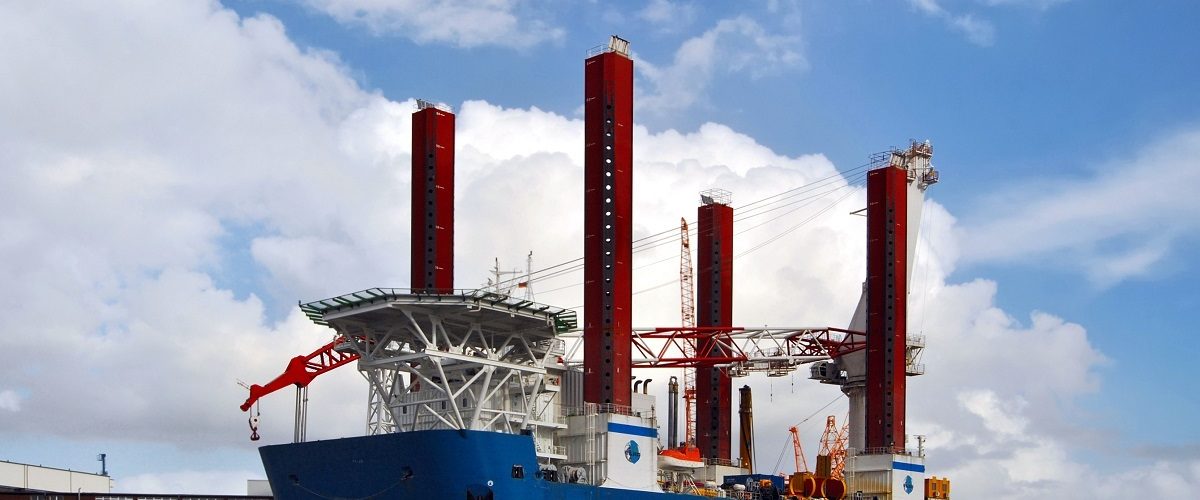The ECJ received questions from the Romanian Court in Case C-291/18 (Grup Servicii Petroliere) on 11 June 2018, regarding the VAT treatment of the transfer of a navigation platform and the question if such a platform qualifies as a “ship”.
Simplified facts:
- Grup Servicii Petroliere (hereafter: “Petroliere”) sold three inflatable offshore drilling platforms located in the territorial waters of Romania. The sale came about without the platforms having been moved. Petroliere did not charge VAT on this sale.
- The Romanian tax authorities issued a tax assessment to Petroliere, arguing that it had not been demonstrated that the vessel concerned actually and mainly sailed on the high seas, which is a requirement for the VAT exemption.
- Petroliere submits that the exemption emphasizes the condition of ‘use’ on the high seas and not that of ‘navigation’ on the high seas. According to Petroliere, the interpretation of the tax authorities does not comply with national law and EU law on VAT because an additional condition is imposed (namely that the vessel must sail).
- The tax authorities do not dispute that the platforms are ships or that they are suitable for use in unlimited sea voyages. They do, however, believe that the platforms do not sail during drilling, since they are stationary and their pillars are lowered, supported on the seabed and the platforms (the floating body) are lifted above the water to a height of 60-70 m.
In Romanian law, offshore drilling platforms are covered by “floating structures that are normally not intended for movement”, implicitly emphasizing their main function, which is not transport. On the other hand, the certificates and documents issued by the Romanian shipping authority show that the offshore drilling platforms are registered in the central register of ships. The question concerns the qualification of offshore drilling platforms as ships, with a view to the application of the VAT exemption.
Preliminary questions:
1. Does the exemption from VAT apply to the delivery of a scalable offshore drilling platform, i.e. an unloadable offshore drilling platform, and is such a platform covered by the notion of “ship”?
2. If the foregoing question is answered in the affirmative, does that mean that the essential condition for the application of the VAT exemption for an offshore drilling platform is that it has sailed to the high seas and that this drilling platform is actually in the mobile, floating state during its operation (as a commercial / industrial activity), by moving from one point to another by sea, for a a longer period of time than that it is in stationary, immobile condition as a result of the execution of offshore drilling activities, that is to say that the activity of sailing must actually have the upper hand over that of drilling?
Source: MinBUZA (Dutch)















